The rift within the Tata Group is out in the open. Top leaders of the billion-dollar conglomerate, including Tata Trusts Chairman Noel Tata and Tata Sons Chairman N Chandrasekaran, met Union Home Minister Amit Shah on Tuesday (October 7) amid the escalating dispute.
The duo, along with Tata Trusts Vice Chairman Venu Srinivasan and trustee Darius Khambata, reached Shah’s residence in the evening for the meeting, also attended by Union Finance Minister Nirmala Sitharaman. Reports say the government has told the Tata Group leadership to restore stability “by whatever means necessary”.
Let’s take a closer look.
Rift within Tata Trusts grows
The dispute among the seven active trustees of the Tata Trusts has intensified ahead of the scheduled board meeting on October 10.
The authority of the late Ratan Tata’s half-brother, Noel Tata, who is the chairman of Tata’s philanthropic arm, Tata Trusts, has been openly questioned by some trustees.
Tata Trusts owns 66 per cent of Tata Sons, the parent company. These trusts also control the Tata Group, the country’s largest conglomerate.
Tensions At #TataGroup | Key Flash Points That Have Lead To Escalating Tensions
— CNBC-TV18 (@CNBCTV18News) October 8, 2025
Sources Close To Tata Group:
Equity infusion into Tata International by #TataSons
Noel Tata chairs Tata International, equity infusion proposed to tide over losses
Equity infusion of Rs 1,000 cr by… pic.twitter.com/mheE6zJxR5
Key players in the power struggle
The key trustees of Tata Trusts are Noel Tata and Venu Sreenivasan.
Other trustees include former Defence Secretary Vijay Singh; Mehli Mistry, the first cousin of the late Cyrus Mistry; lawyer Darius Khambata; Pramit Jhaveri, former Citi India CEO; and Jehangir HC Jehangir.
How the Tata rift began
The dispute arose on September 11 during a meeting of six trustees of the Tata Trusts convened to discuss the reappointment of Vijay Singh as a nominee director on the Tata Sons board.
The Trusts have the power to appoint one-third of the Tata Sons board.
Singh was not present at the meeting as his nomination was on the agenda, reported Outlook Business.
Following Ratan Tata’s death in October 2024, the Trusts had decided that nominee directors aged above 75 must be reappointed every year after a performance review.
Singh, who has been a trustee of the Tata Trusts since 2018, is 77.
The reappointment resolution, reportedly proposed by Noel Tata and Venu Srinivasan, was rejected by the other four members on the board: Mistry, Jhaveri, Jehangir, and Khambata.
Instead, they pushed for Mehli Mistry to join the Tata Sons board. Noel and Sreenivasan opposed this move, preventing a resolution.
Officials told Economic Times (ET) that such decisions require unanimity, and attempting to push a nomination without consensus was seen as “not the Tata way of doing things.”
After the meeting of the trustees, Singh voluntarily resigned from the Tata Sons board.
The board currently has six members: N Chandrasekaran, Noel Tata, Venu Sreenivasan, Harish Manwani, Anita M George, and Saurabh Agrawal.
According to PTI sources, Tata Trusts is vertically split, with some supporting Noel Tata, who became the chairman after Ratan Tata’s demise. The other group is led by Mehli Mistry, who has links to the extended Shapoorji Pallonji family, which owns nearly 18.37 per cent of Tata Sons.
Mistry and the trustees on his side are trying to undermine Noel Tata.
Mistry’s grievance reportedly is that he believes he has been left in the dark on key matters. As per NDTV sources, his camp wants more transparency and reforms in corporate governance.
The board seats at Tata Sons, which controls the 156-year-old group spanning around 400 companies, have become a flashpoint in the power struggle between Noel Tata and Mistry, reported PTI.
Govt intervenes
Amid escalating tensions within the Rs 18,000-crore conglomerate, the Central government has intervened in the rift among Tata Trusts trustees over board appointments and governance issues.
“The government cannot be a silent spectator to the coup attempt by four trustees of Tata Trusts,” a source close to the Tata Group told CNBC-TV18, adding that the government is aware of the matter and closely following developments.
Sources added that “there must be a clear separation of roles and powers between Tata Trusts and Tata Sons” and that “Tata Trusts must work harmoniously with Tata Sons, and trustees cannot undermine the leadership of Noel Tata.”
As per ET, the government has told the representative of the Tata Group that the internal rift in Tata Trusts should not spill over into Tata Sons. They have been asked to resolve the differences internally and discreetly, without public confrontation.
“The primary question in front of the government, considering how significant and important the Tata Group is to the country’s economy, is whether it can let an individual take control of it. The infighting among trustees of Tata Trusts has an impact on Tata Sons,” a source told PTI.
The Tata Trusts board is scheduled to meet on October 10. The government officials are engaging with both sides to defuse the crisis.
“This is not just an internal conflict — it could have wider implications for India’s corporate governance environment and the economy if left unresolved,” sources close to Tata Group were quoted as saying by CNBC-TV18.
The Tata Group is estimated to account for four per cent of India’s GDP, making it highly significant for the economy. A possible impact of the rift on the operations of the conglomerate would be undesirable.
With inputs from agencies


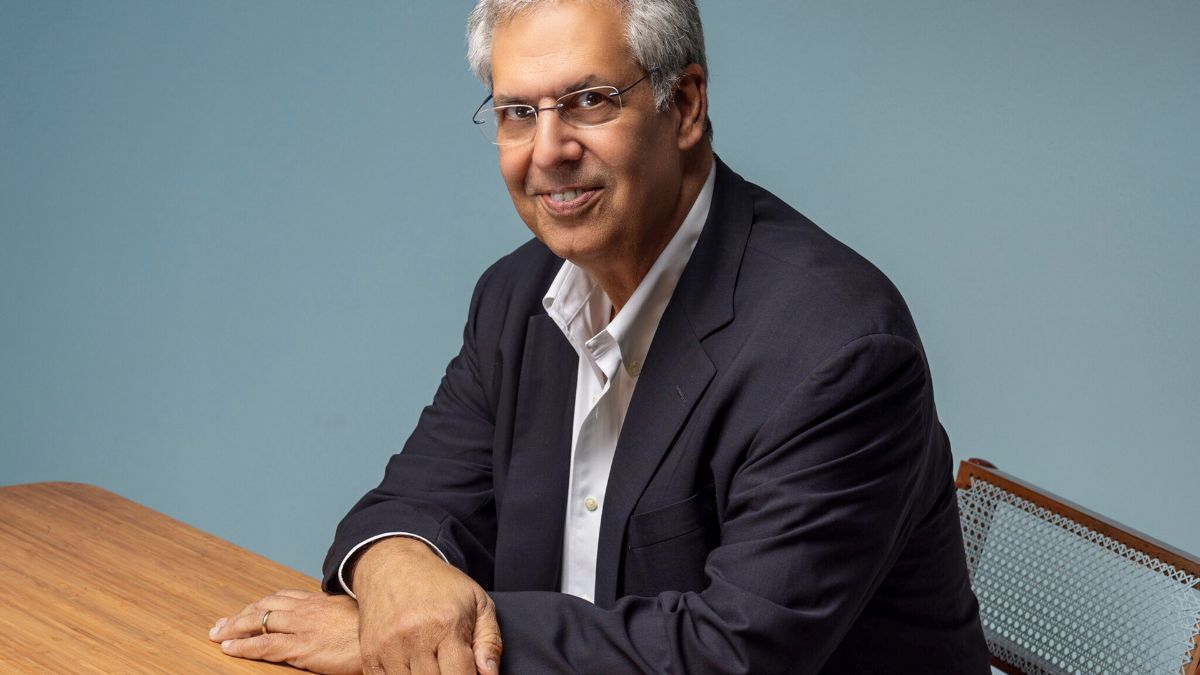)

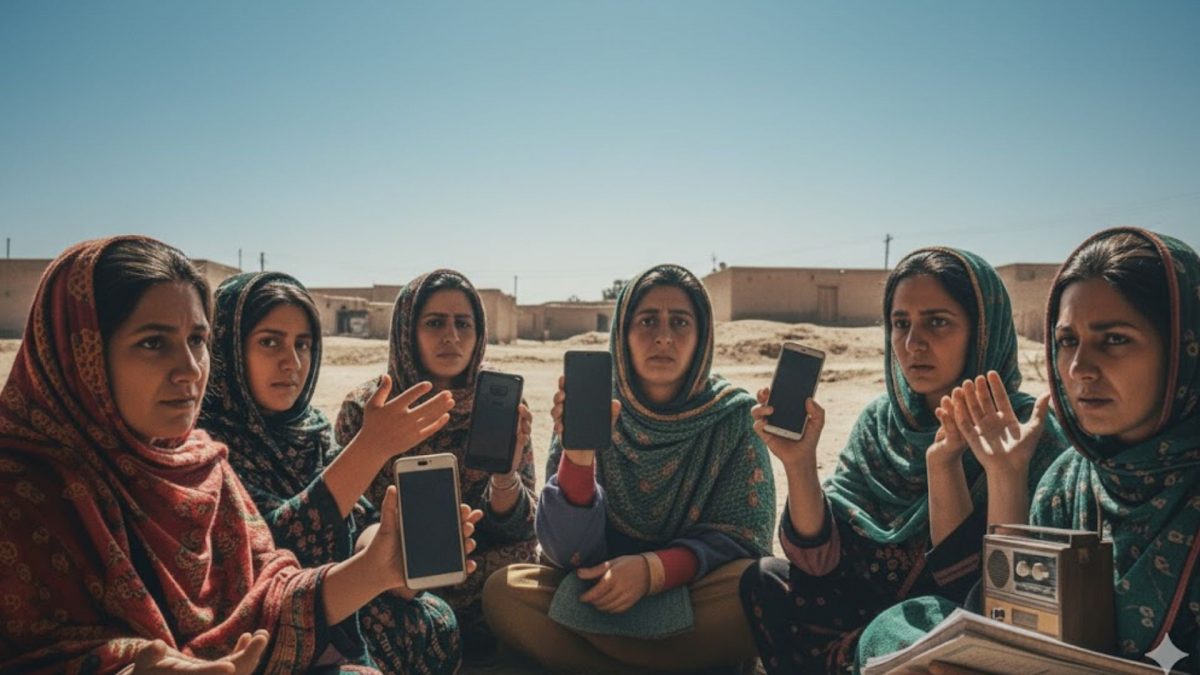)
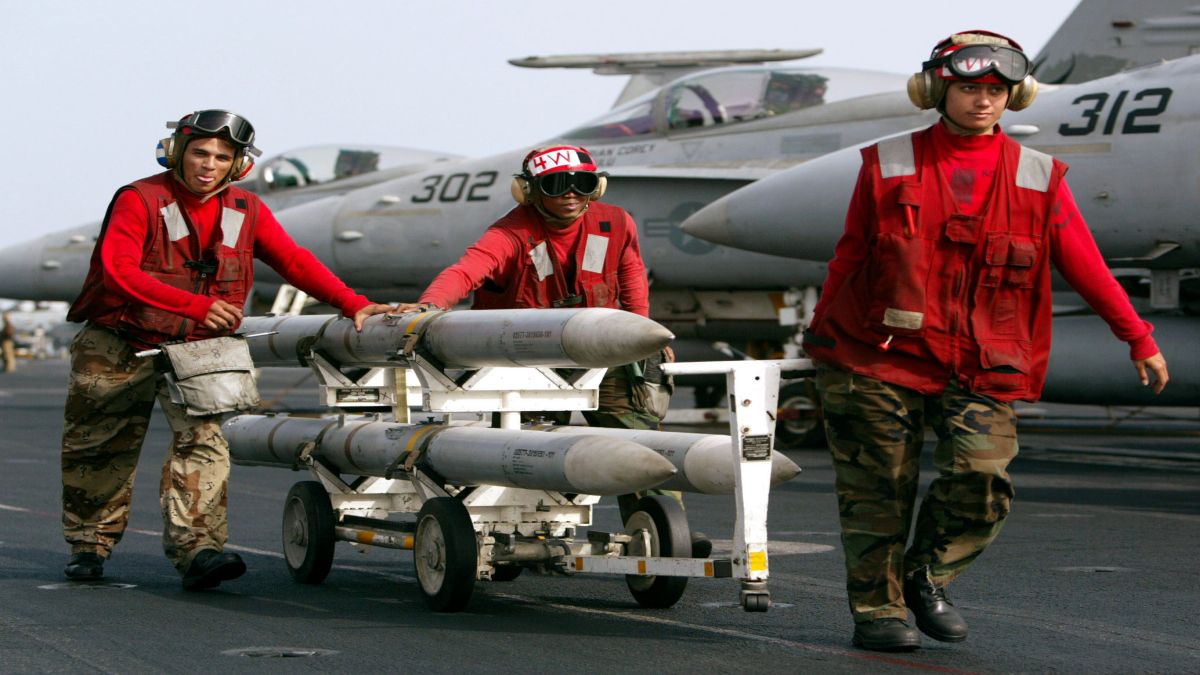)
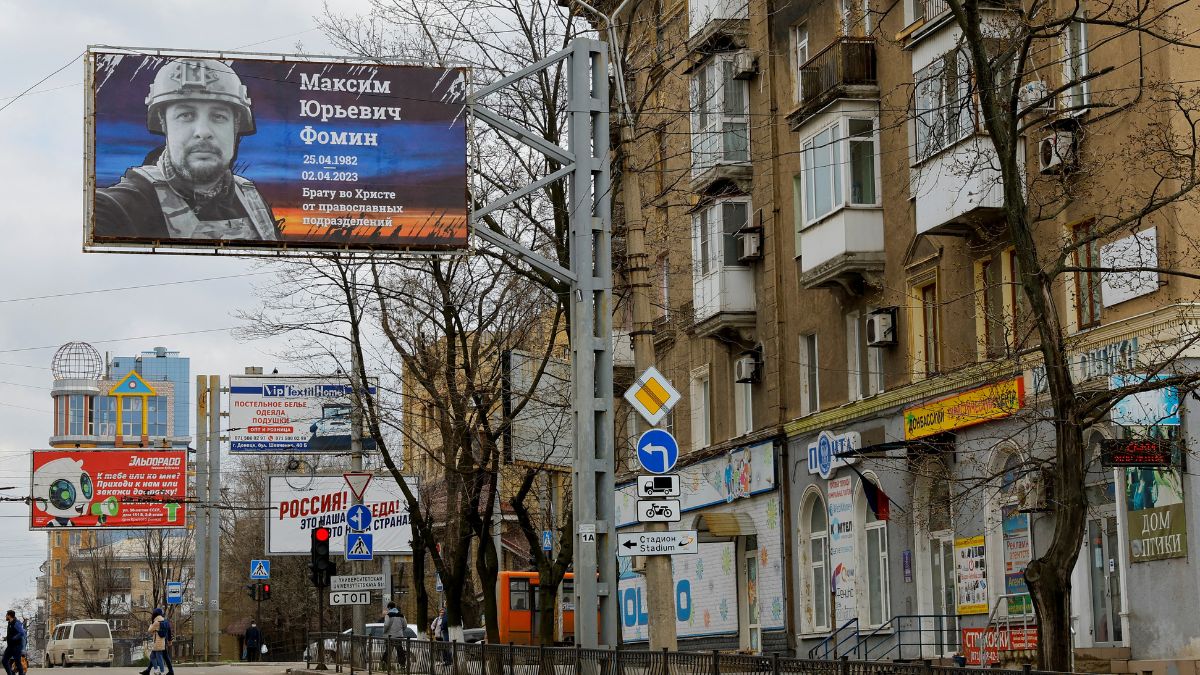)
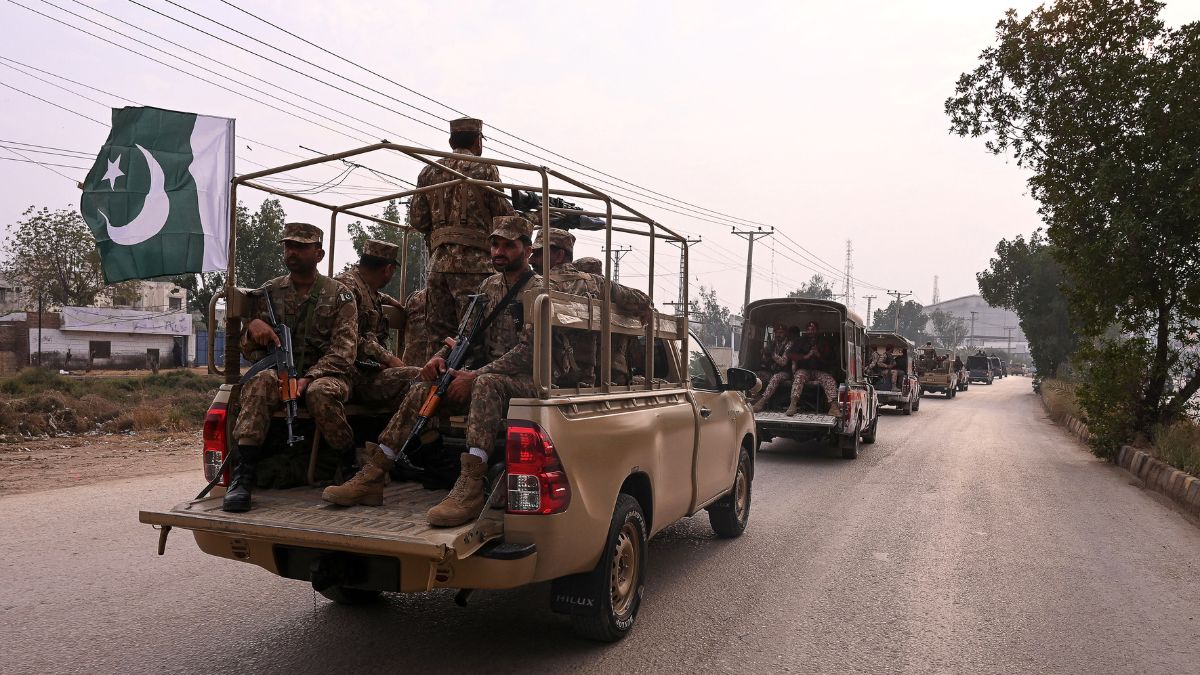)
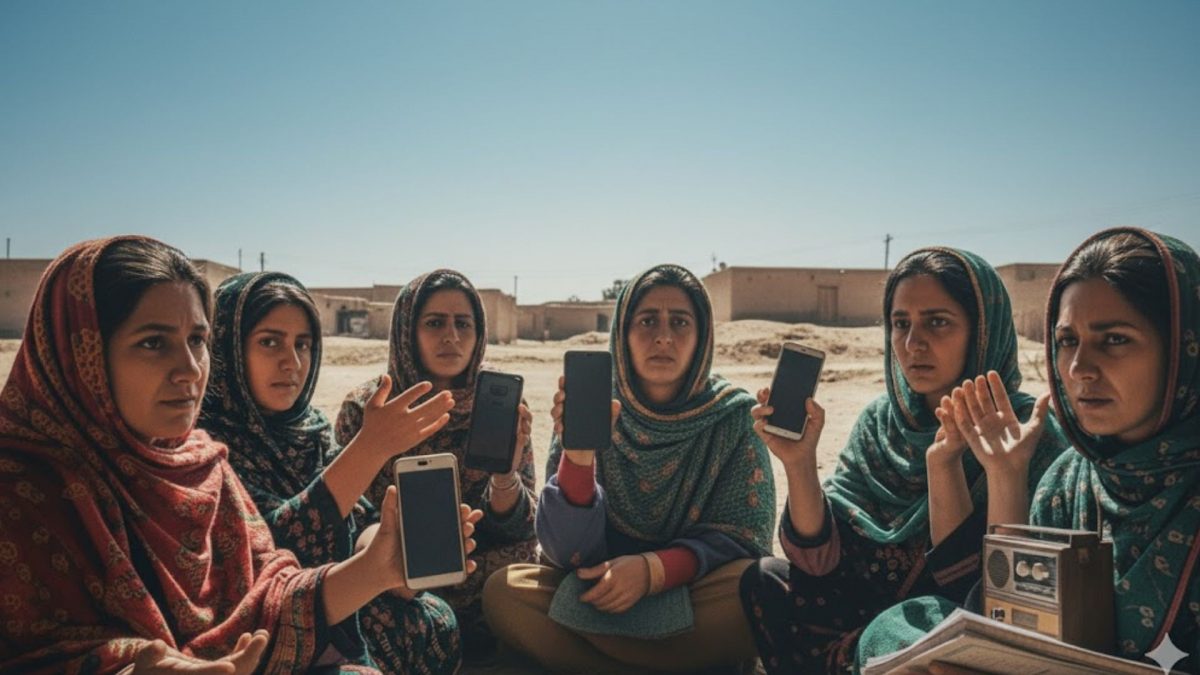)
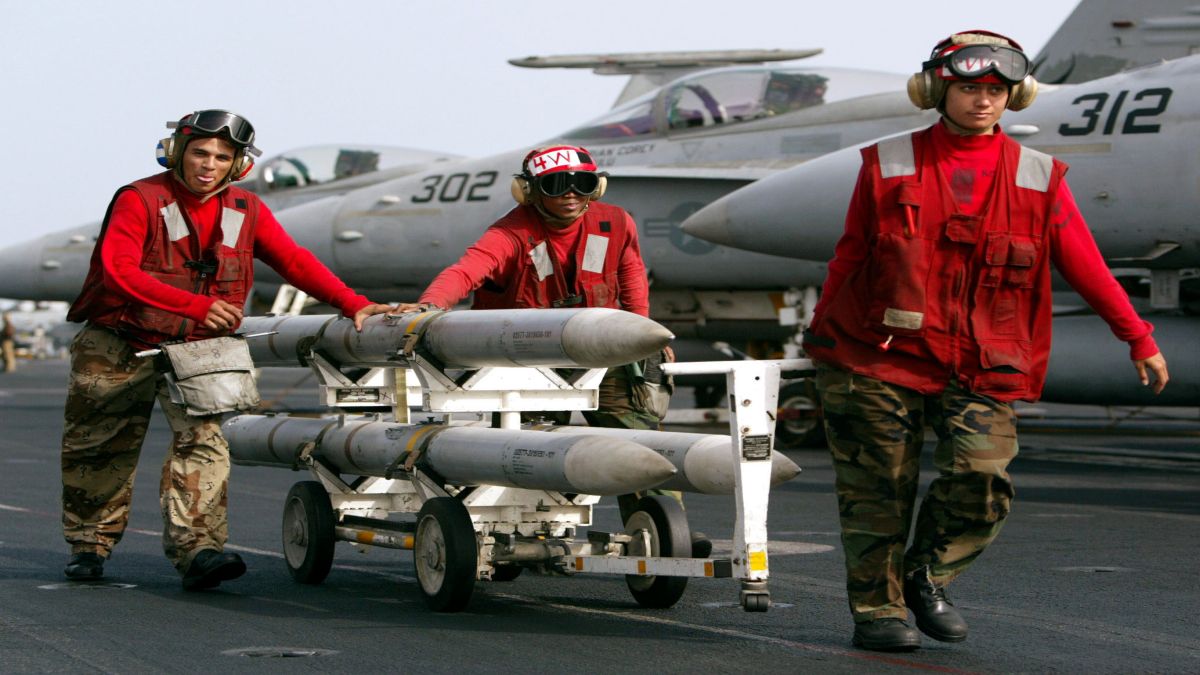)
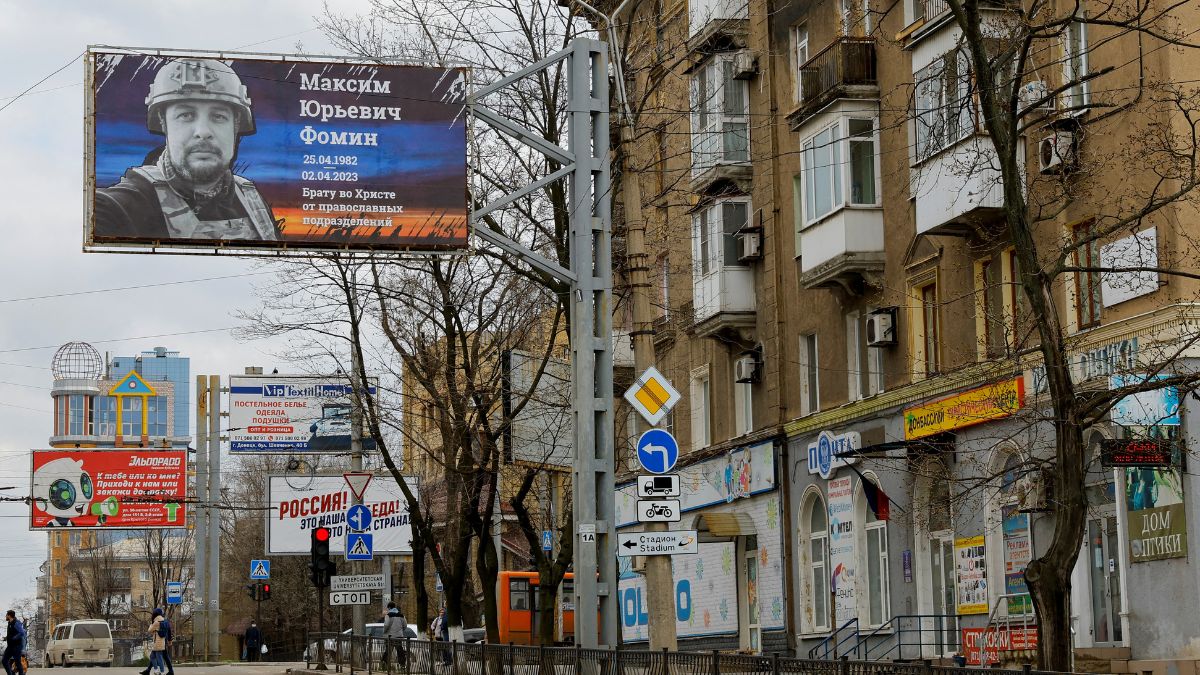)
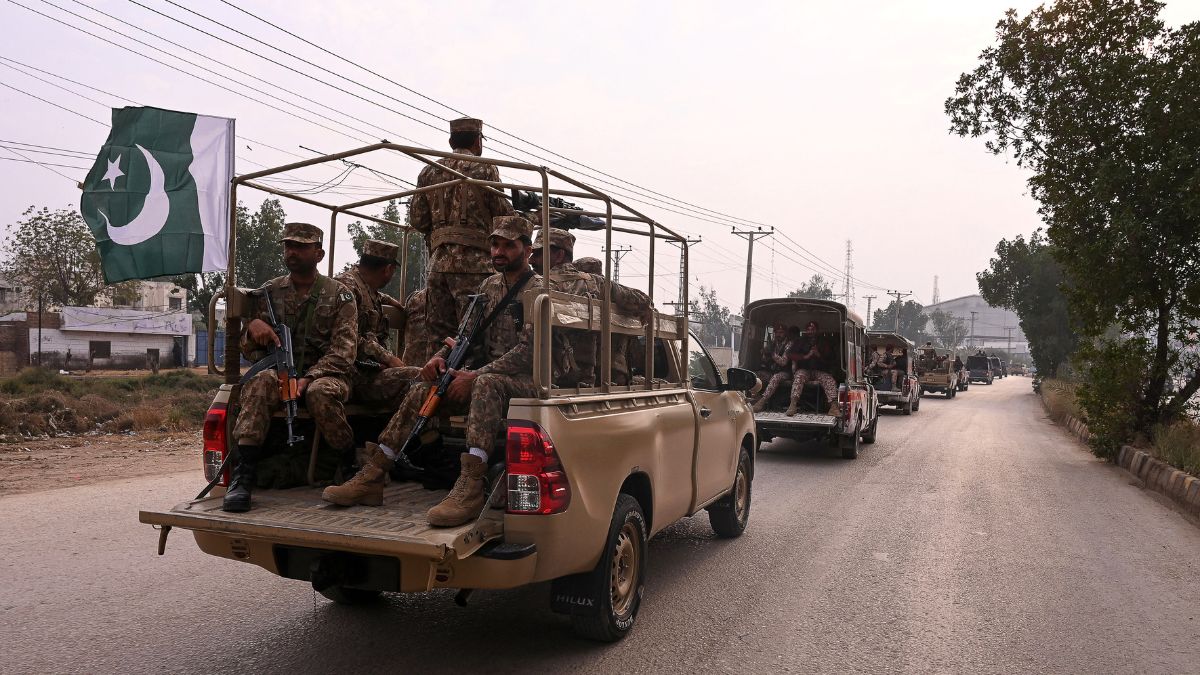)



